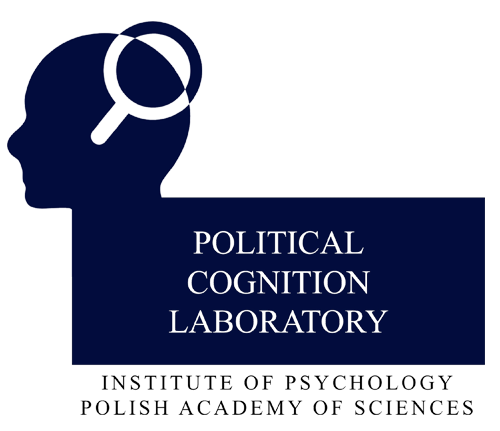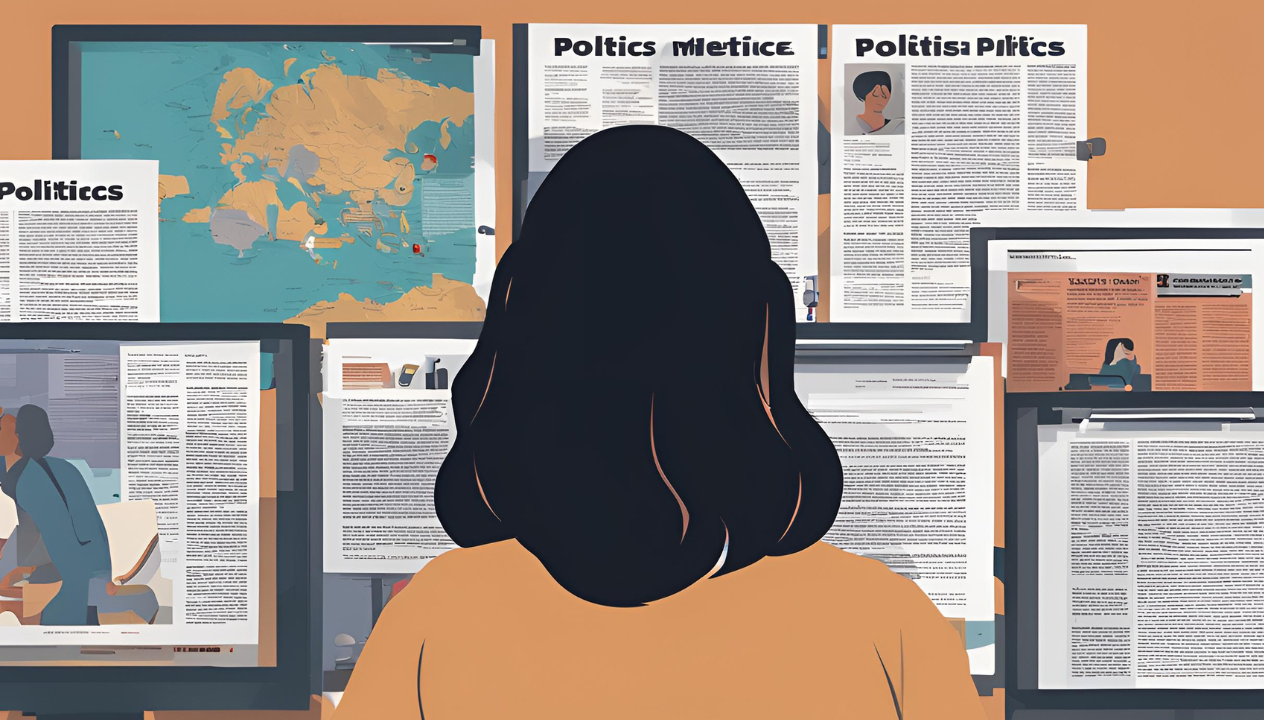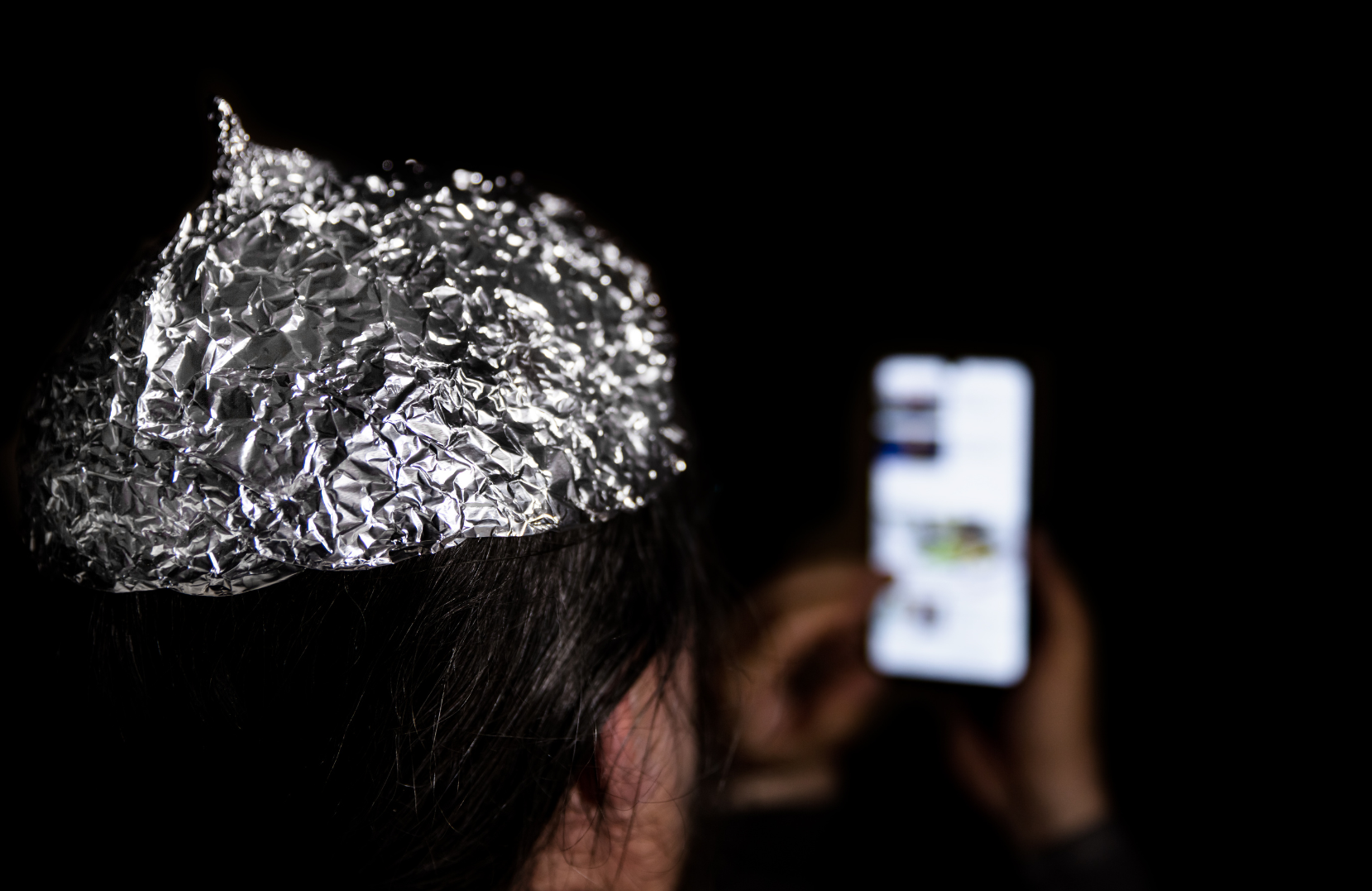Religiosity and conspiracy beliefs? Do they have anything in common?
In recent research, Paweł Łowicki from the Intelligence Cognition Emotion Lab, together with Marta Marchlewska, Zuzanna Molendą, Adam Karakula and Dagmara Szczepańska from the Political Cognition Lab, Institute of Psychology, Polish Academy of Sciences, show that religiosity does not need to go hand in hand with negating scientific evidence and dismissing the coronavirus. In fact, it all depends on the type of religiosity we are dealing with. More on this topic can be found in our article, published in Personality and Individual Differences:
Abstract
There has been an increasing interest in the relationship between religion and psychosocial functioning during the COVID-19 pandemic. Interestingly, emerging recent findings suggest that religiousness may have a Janus-face impact on how people cope with the pandemic, leading to both positive and negative social outcomes. In this project, we examine whether two types of religiousness (i.e., centrality of religiosity and religious fundamentalism) are associated with COVID-19 conspiracy beliefs and socially undesirable behavior during the pandemic. We suggest that only the most dogmatic and fundamentalistic type of religiousness could lead to conspiracy beliefs, while centrality of religiosity could be unrelated or even negatively related to this type of thinking. In a series of two studies (N = 361 and N = 394) conducted among Polish Roman Catholics, we demonstrate that religious fundamentalism, unlike centrality of religiosity, is positively related to coronavirus conspiracy beliefs, which, in turn, promote socially maladaptive behavior such as freeriding or non-adherence to safety guidelines.









